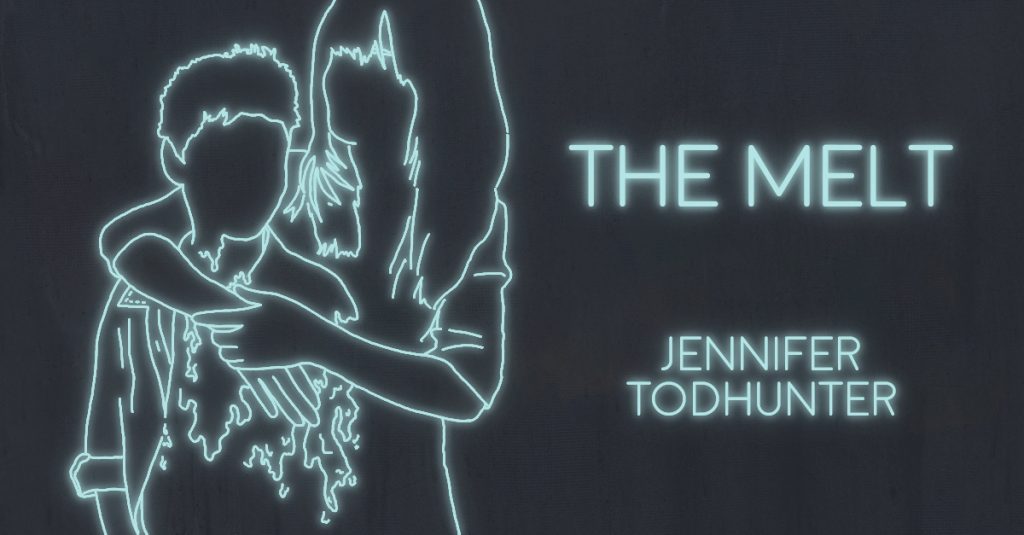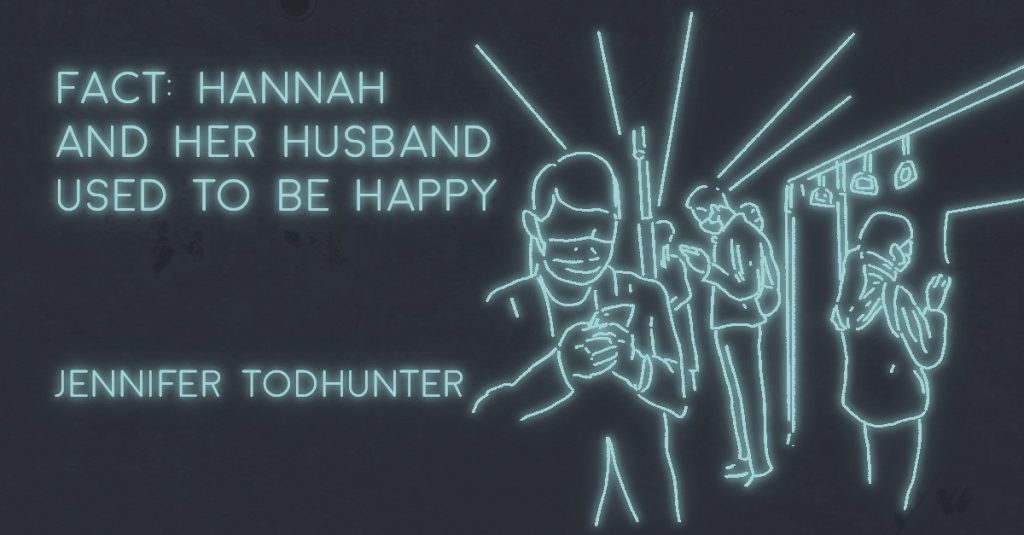
THE MELT by Jennifer Todhunter
My son doesn’t turn from solid to liquid or liquid to gas when the melt occurs. He remains in the same state physically, but mentally there is a shift. Heat has been applied in the form of my disappearing from his line of sight, or heading to the bonfire for a beer, or talking to a friend who is a guy who is not his dad, my ex. There is a fusion when the melt occurs, his person to my person, a shadow that follows me wherever I go, that demands we leave this instant, that cries as if I’ve…

